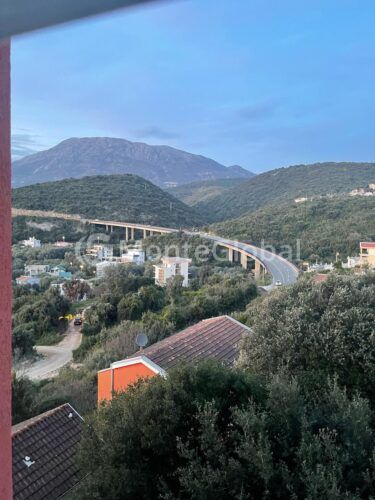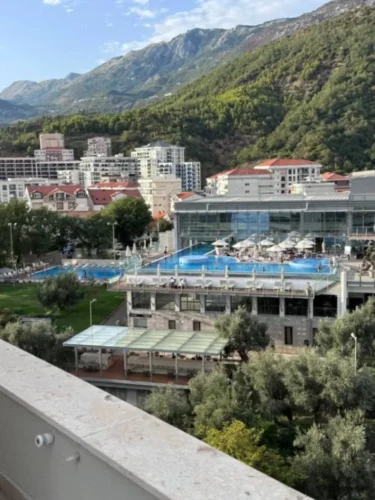Are there Russian schools and kindergartens in Montenegro?
Published

Montenegro remains one of the most popular destinations for families with children from Russian-speaking countries to move to. The comfortable climate, peaceful surroundings, proximity to the sea and European quality of life make this country attractive for permanent residence. One of the frequently asked questions among parents is whether there are Russian schools and kindergartens in Montenegro and how Russian—speaking children can continue their education and develop, regardless of age and language level.
Russian schools and kindergartens
There are several private educational institutions with the Russian language of instruction in Montenegro, as well as kindergartens focused on the Russian-speaking environment. Such schools and kindergartens can be found in Budva, Bar, Podgorica and Tivat. The programs at these institutions are usually based on Russian or mixed (Russian-international) standards, which allows children not to drop out of the educational process when moving from Russia, Ukraine, Belarus or other CIS countries.
For example, there is a training center in Budva offering primary and secondary education with Russian as the language of instruction and official certification. There are also educational institutions in Podgorica and Bar where you can study according to the Russian program full-time or remotely, while being physically in Montenegro.
Kindergartens that use Zaitsev's methods, Montessori, or the classical preschool education program accept children from the age of two or three. In such groups, children speak and study in Russian, as well as adapt to the local environment.
Additional classes and clubs
There are also a lot of educational activities for children in Montenegro. Russian Russian-speaking clubs and sections operate in many cities along the coast** or have Russian-speaking teachers. Among the most popular destinations:
- Fine art studios
- theater clubs
- Dance schools
- Music classes and piano
- Chess sections
- Sports schools (football, swimming, gymnastics, judo)
In some cities, Russian language centers have been opened, where children can study literature, school preparation, mathematics, English and other subjects in their native language. This is especially important for families who plan to eventually return to a Russian-speaking school or simply want to preserve the language and culture.
Integration and bilingual development
A big advantage of living in Montenegro is the opportunity to ** naturally learn a second language — Montenegrin** (or Serbian). Many children from Russian-speaking families successfully integrate into local schools and kindergartens due to the proximity of Slavic languages and mild adaptation.
There is also an opportunity to study English, since in Montenegro most international schools offer bilingual or fully English-language education.
Thus, all conditions have been created in Montenegro for comfortable and full-fledged children's education and development. Parents can choose either a fully Russian-speaking environment or integration into a local or international system. A large number of clubs and learning centers allows a child not only not to lose touch with his native language, but also to develop comprehensively in a safe and friendly environment.


